In the ever-evolving business landscape, small businesses are constantly seeking ways to increase their productivity and efficiency to gain a competitive edge. One of the most crucial components that significantly contribute to business success is Information Technology (IT). It is no longer just an enabler of operations; it has become a game-changer, empowering small businesses to streamline their processes, improve customer experiences, and make data-driven decisions.
Understanding the Role of Information Technology in Small Businesses
Information Technology (IT) is a critical tool that enables small businesses to operate more efficiently and effectively. It provides businesses with the capabilities to manage vast amounts of information and maintain operational efficiency. From automating routine tasks to facilitating communication and collaboration, IT is instrumental in streamlining business processes.
Moreover, IT plays a significant role in decision-making processes. With the help of IT, businesses can collect, analyze, and interpret data to make informed decisions. This data-driven approach allows businesses to understand their customer behavior, market trends, and business performance, thereby enabling them to strategically plan and execute their business operations.
Essential IT Tools to Boost Small Business Efficiency
To harness the power of IT, small businesses need to invest in essential tools that can enhance their efficiency. Cloud computing services, for instance, offer scalable solutions to store, manage, and process data. They not only reduce the need for physical storage systems but also allow businesses to access data from anywhere, anytime.
Another essential IT tool is Customer Relationship Management (CRM) software. CRM systems help businesses manage their interactions with current and potential customers. They aid in organizing, automating, and synchronizing sales, marketing, customer service, and technical support, thereby improving business relationships. Furthermore, cybersecurity tools are vital to protect sensitive business and customer information from potential cyber threats.
Implementing IT Solutions for Better Business Operations
Implementing IT solutions in a small business setup requires careful planning and execution. It is essential to identify the areas where IT can bring significant improvements and align these with the business goals. Once the areas of improvement are identified, businesses need to select suitable IT tools and solutions that meet their specific needs.
Training staff on the use of these IT tools is equally important. A well-trained workforce can make the most out of these tools, ensuring they are used to their full potential. In addition to training, businesses should also have a support system in place to address any issues that may arise during the use of these tools.
Evaluating the Impact of IT on Small Business Performance
The impact of IT on small business performance is profound. It not only improves operational efficiency but also enhances customer satisfaction, leading to increased sales and profitability. Moreover, IT enables small businesses to compete with larger corporations by providing them with the tools to operate more efficiently and effectively.
However, measuring the exact impact of IT can be challenging due to the intangibility of some benefits. Key Performance Indicators (KPIs) can be used to measure the impact of IT on various aspects of business operations. Regularly evaluating these KPIs can help businesses understand the effectiveness of their IT strategies and make necessary adjustments to enhance their performance.
In conclusion, Information Technology is a powerful tool that small businesses can leverage to enhance their efficiency. It not only automates routine tasks but also provides valuable insights for informed decision making. By investing in the right IT tools and implementing them effectively, small businesses can significantly improve their performance. Moreover, regular evaluation of the impact of IT can help these businesses continually refine their strategies, ensuring they remain competitive in the rapidly evolving business landscape.

